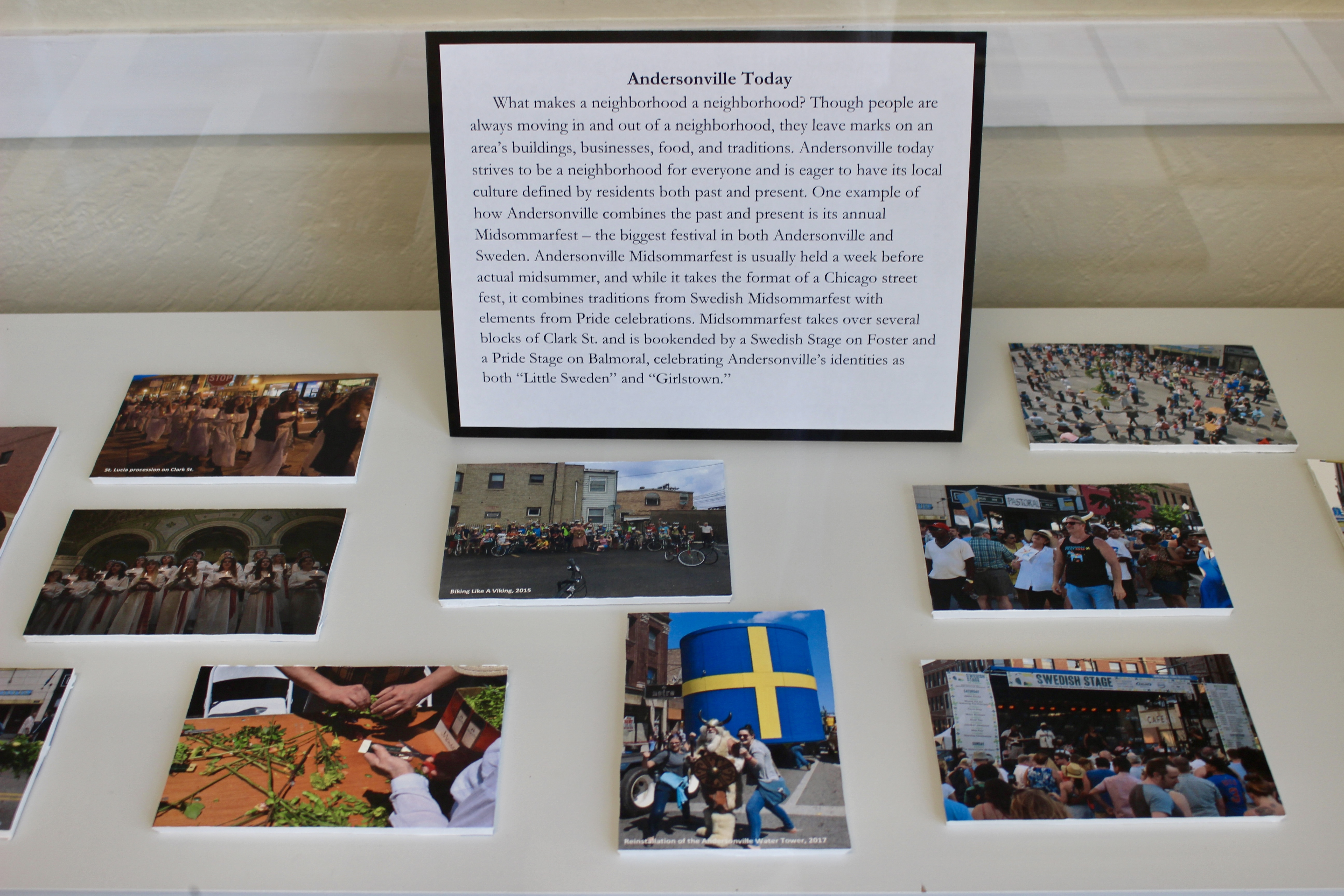Special Exhibits
Main Gallery
Mov Gïele | My VoiceArtwork by Per Elof Nilsson RicklundFriday, Jan. 16 – Sunday, April 12
|
|
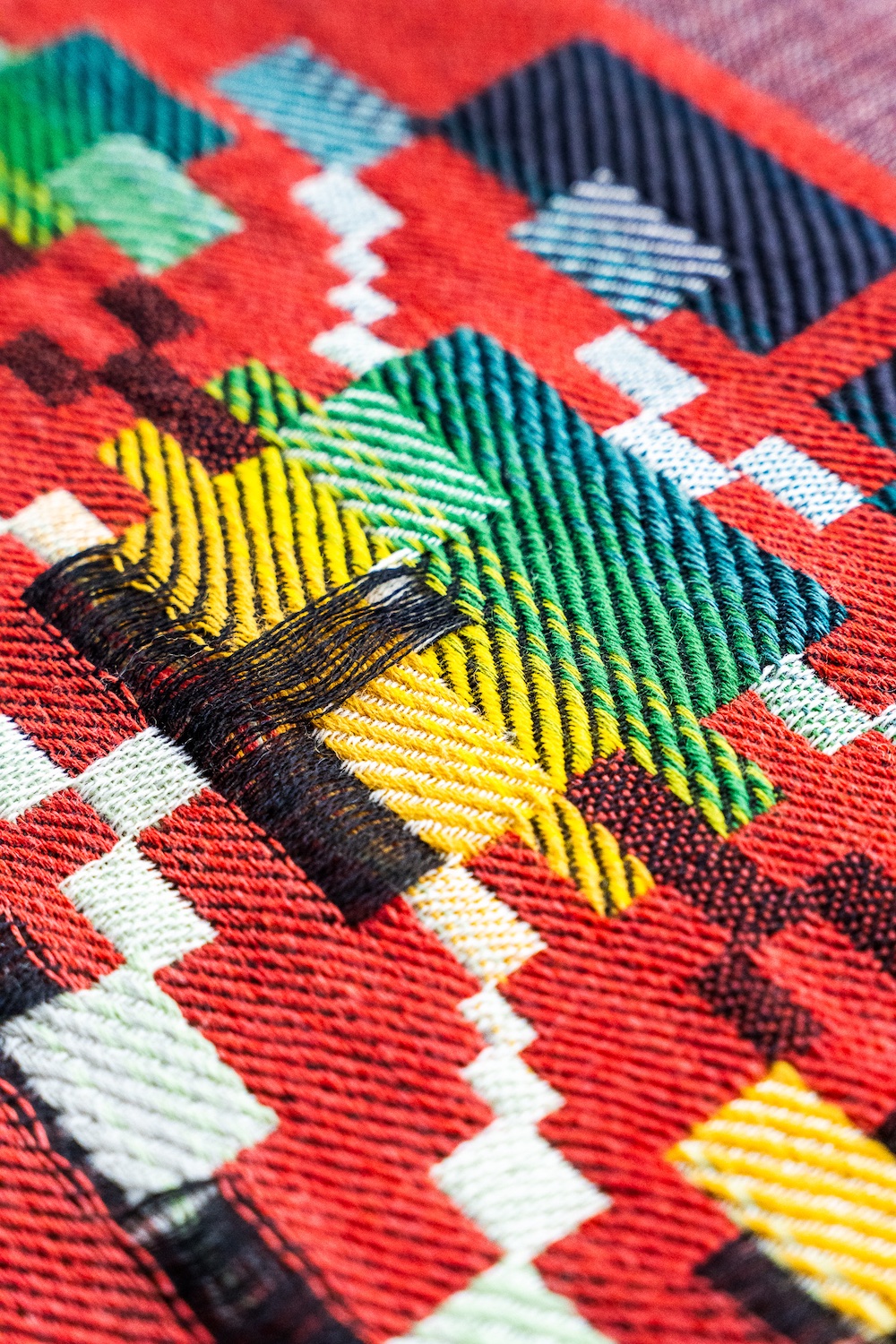 |
My Future HeritageArtwork by Sofia Hagström MøllerFriday, April 17 – Sunday, Aug. 7
|
Raoul Wallenberg Gallery
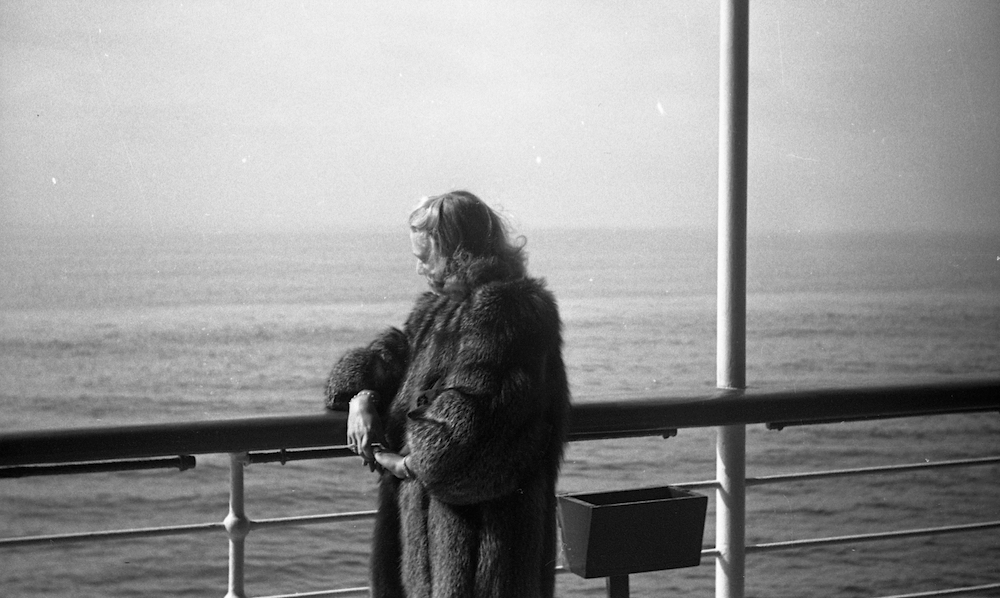 |
MetamorphosisPhotographs by Edith-Marie AppletonFriday, Feb. 20, 2026 – Sunday, May 10, 2026Born in 1919 in Evanston, Illinois, Edith-Marie Appleton was the youngest of the three children of Albert Ivar and Lillian Charlotte Appleton, both of Swedish decent. Albert Ivar Appleton founded the prosperous Appleton Electric Company in 1903. She worked alongside her two brothers at the family’s prosperous Appleton Electric Company (founded in 1903), contributing as an artist and collaborator on company catalogues. Edith earned an arts degree from Smith College in 1941 and served as a registered nurse at Evanston Hospital during World War II. Her thorough philanthropic involvement and support of the arts was sustained by an underlying personal creativity and commitment to the arts, showcased in this exhibit through portions of her personal photograph collection. In addition to photography, Edith-Marie played the role of poet and musician in her personal life. Above all, she was known by those closest to her as a restless, creative, and introspective spirit. These photographs, generously donated to the Swedish American Museum by Edith’s son, Albert Ivar Goodman, provide a rare and special look into the private lives of the Appleton family, and into Edith’s world in particular. Including natural landscapes, candid portraits, and more, these images, paired with some of Edith’s poetic musings, give us a glimpse into her reality. |
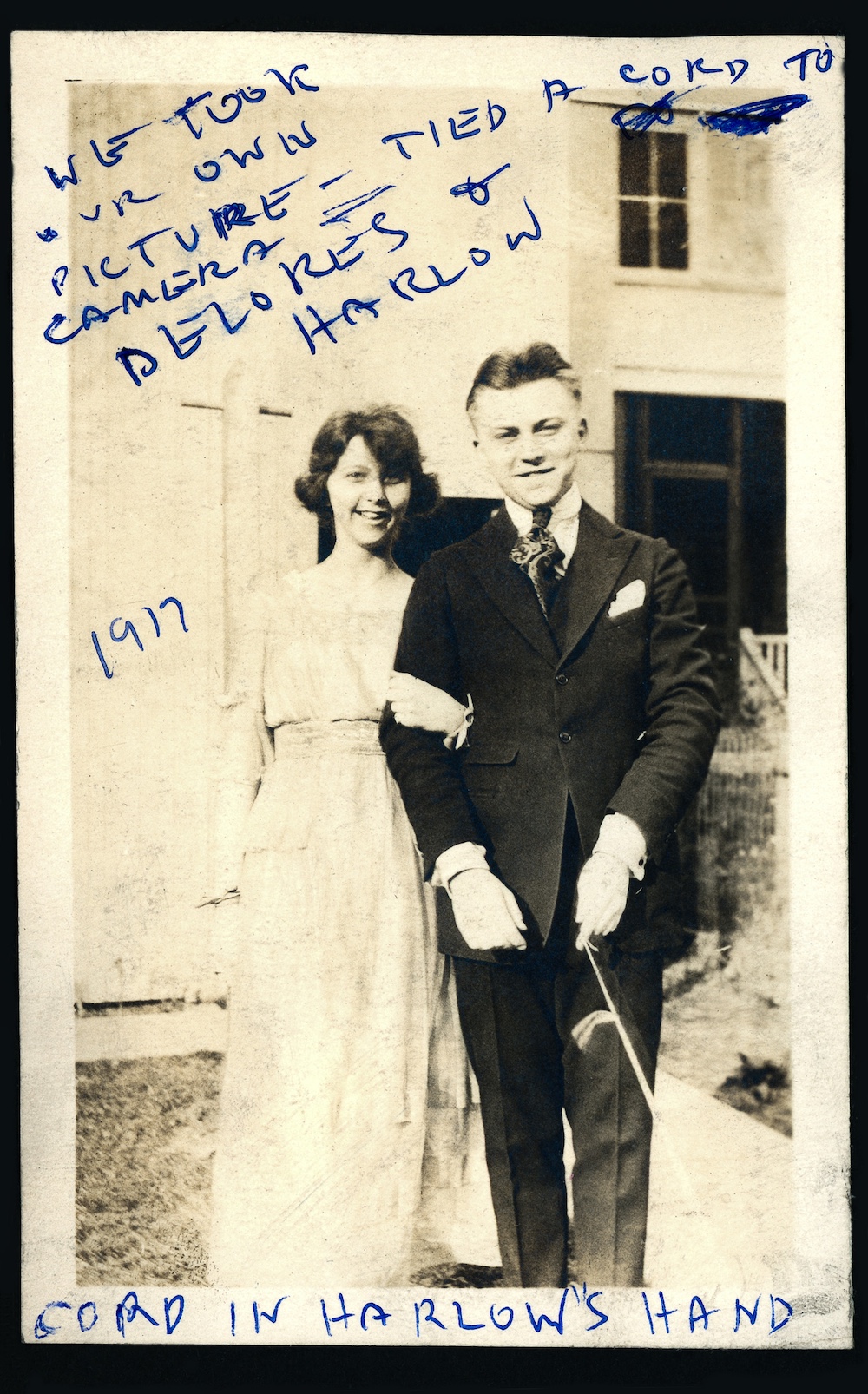 |
The Hellstrom's of Melrose Street c. 1915Installation Art by Thomas HellstromFriday, May 15, 2026 – Sunday, Oct. 4, 2026
|
Mormors Café
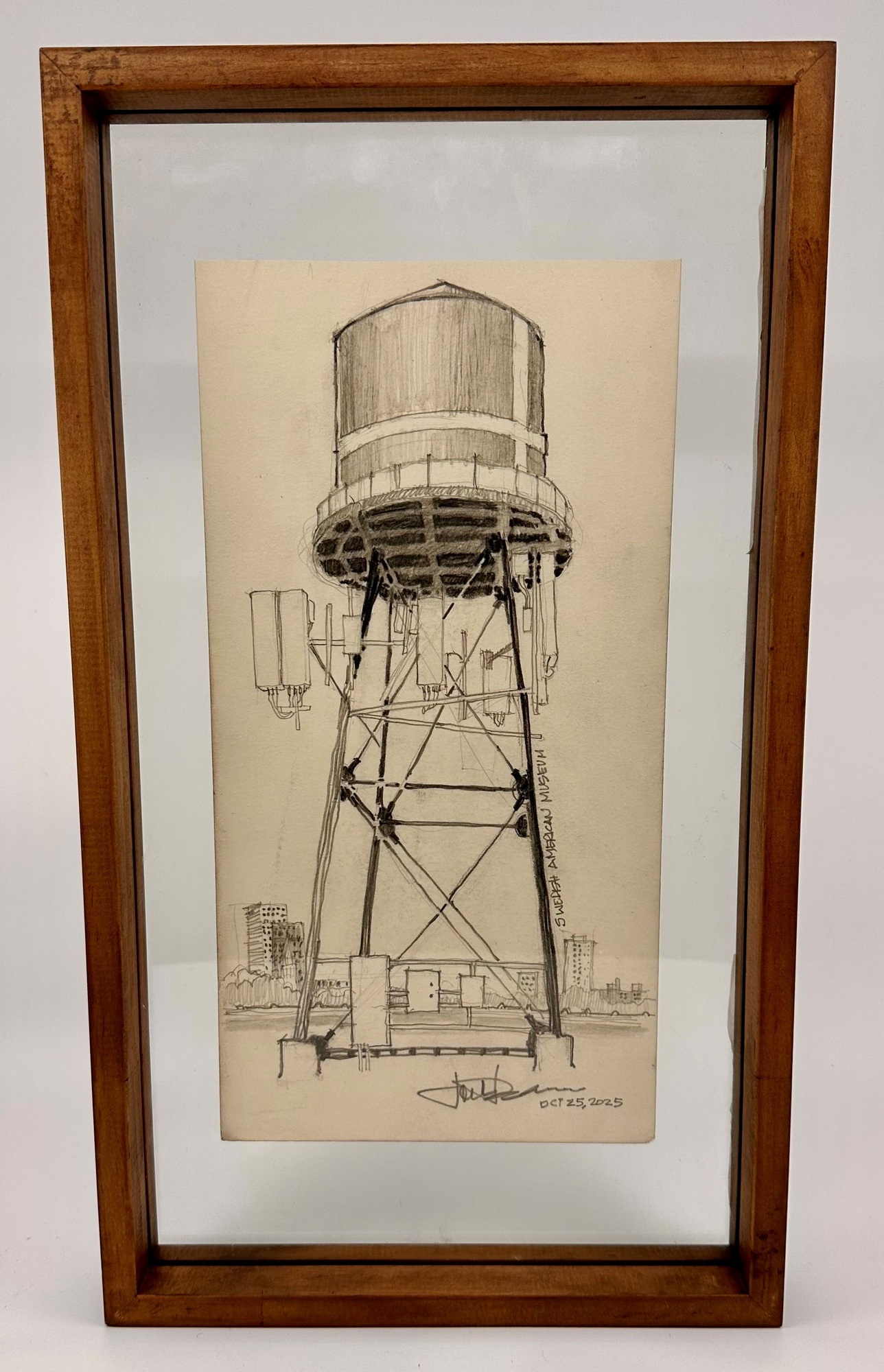 |
River RatArtwork by Joel BermanExhibit Opening with the artist on Saturday, March 28, 5 p.m. - 8 p.m.Joel's work is rooted in the process of Urban Sketching—a discipline of drawing on-site, in the moment, to capture what he sees and immediately process. The series Water is born out of his ritual on the Chicago River. As a self-proclaimed "River Rat," Joel's subject is kinetic, chaotic, and constantly shifting. Joel Berman is the Principal Architect and founder of Berman Architecture, a national design firm rooted right here in Andersonville. While his professional practice designs everything from complex retail franchise prototypes (including restaurants and bars) to adaptive reuse projects, his personal artistic pursuit is driven by capturing the immediate environment on site through rapid, expressive sketching. |
Andersonville Through the Ages
|
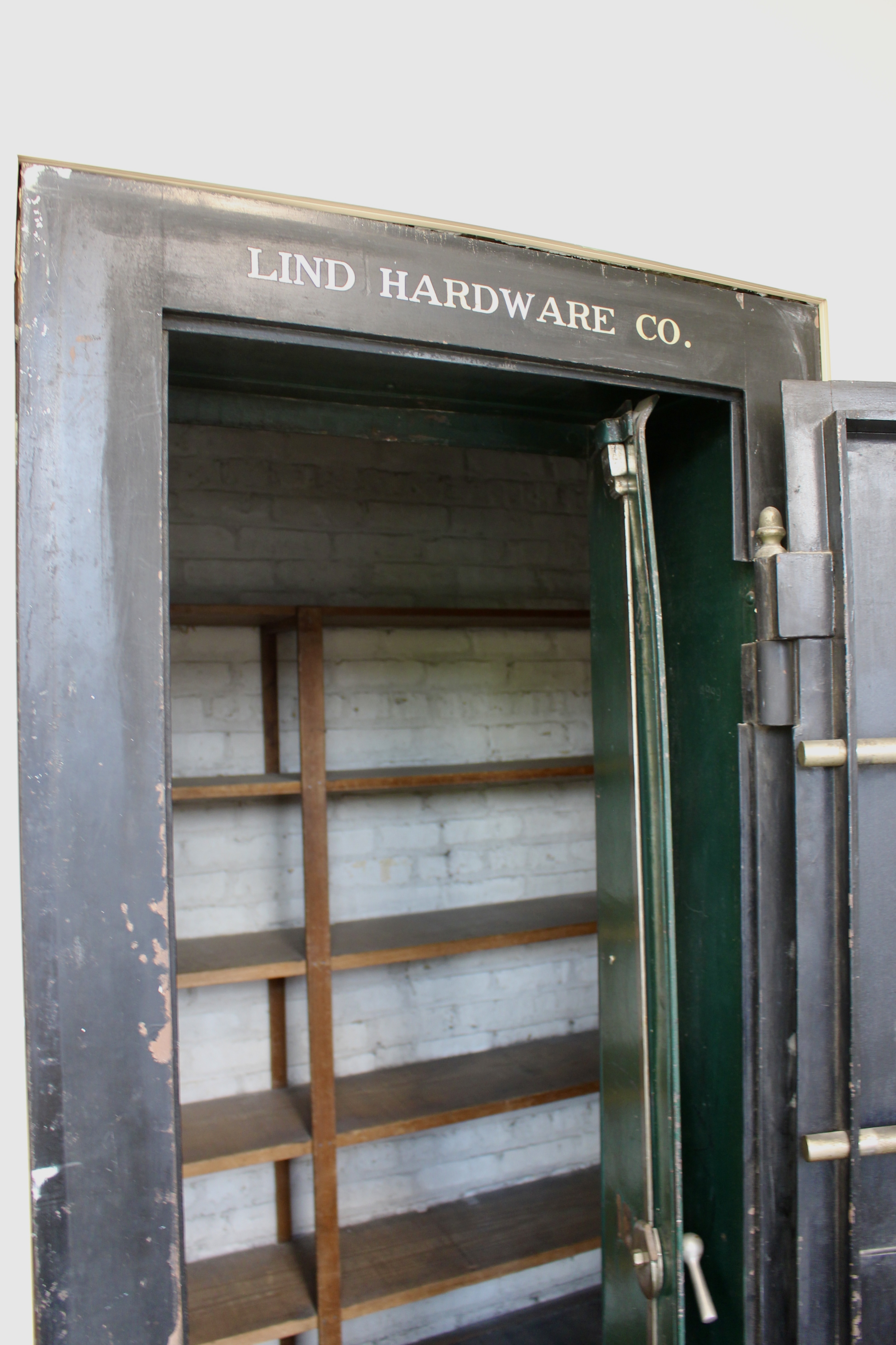 |
Sponsored by the Lind Family and Created in Collaboration with the DePaul History 391 Class of Spring 2020In The Lind Room on the Museum's second floor, the Andersonville Through the Ages exhibit showcases how Andersonville became and remained an area rich in Swedish heritage. It illustrates how Andersonville has evolved over the years to incorporate contemporary tastes and hold new community celebrations, all the while holding onto its Swedish character. |
Traveling Exhibit: Available for Loan
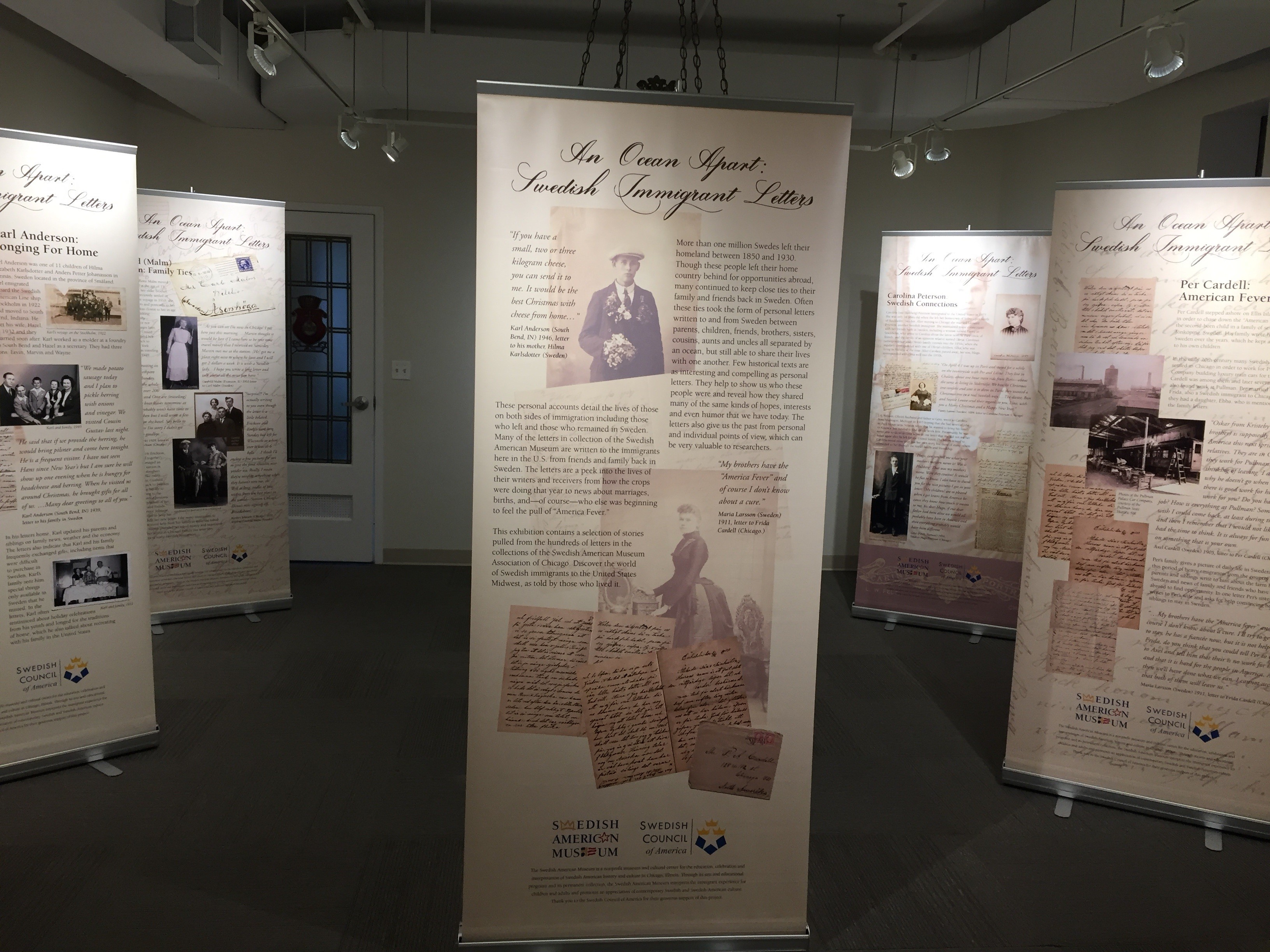 |
An Ocean Apart: Swedish Immigrant LettersBy the Swedish American MuseumSponsored by the Swedish Council of America More than one million Swedes left their homeland between 1850 and 1930. Though they left their home country behind for opportunities abroad, many continued to keep close ties to their family and friends back in Sweden. Often these ties took the form of personal letters written to and from Sweden between parents, children, friends, brothers, sisters, cousins, aunts and uncles all separated by an ocean, but still able to share their lives with one another. Few historical texts are as interesting and compelling as personal letters. They offer an insight into the lives of early 20th century Swedish immigrants and reveal how they shared many of the same kinds of hopes, interests and even humor that we have today. The letters also give us a look into the past from personal and individual points of view. These personal accounts detail the lives of those on both sides of immigration including those who left and those who remained in Sweden. Many of the letters in collection of the Swedish American Museum were written to the immigrants here in the U.S. from friends and family back in Sweden. The letters are a peek into the lives of their writers and receivers from how the crops were doing that year to news about marriages, births and—of course—who else was beginning to feel the pull of “America Fever.” This exhibition contains a selection of stories pulled from the hundreds of letters in the collection of the Swedish American Museum. Discover the world of Swedish immigrants to the United States Midwest, as told by those who lived it. Exhibition Materials: If you are interested, please contact Sarah Hawkinson, Curator, at shawkinson@samac.org
|
Please note that at times we use exhibit spaces for events during Museum hours and viewing can be limited.
All of our exhibits are wheelchair accessible.
Sponsors of our Temporary Exhibits:


